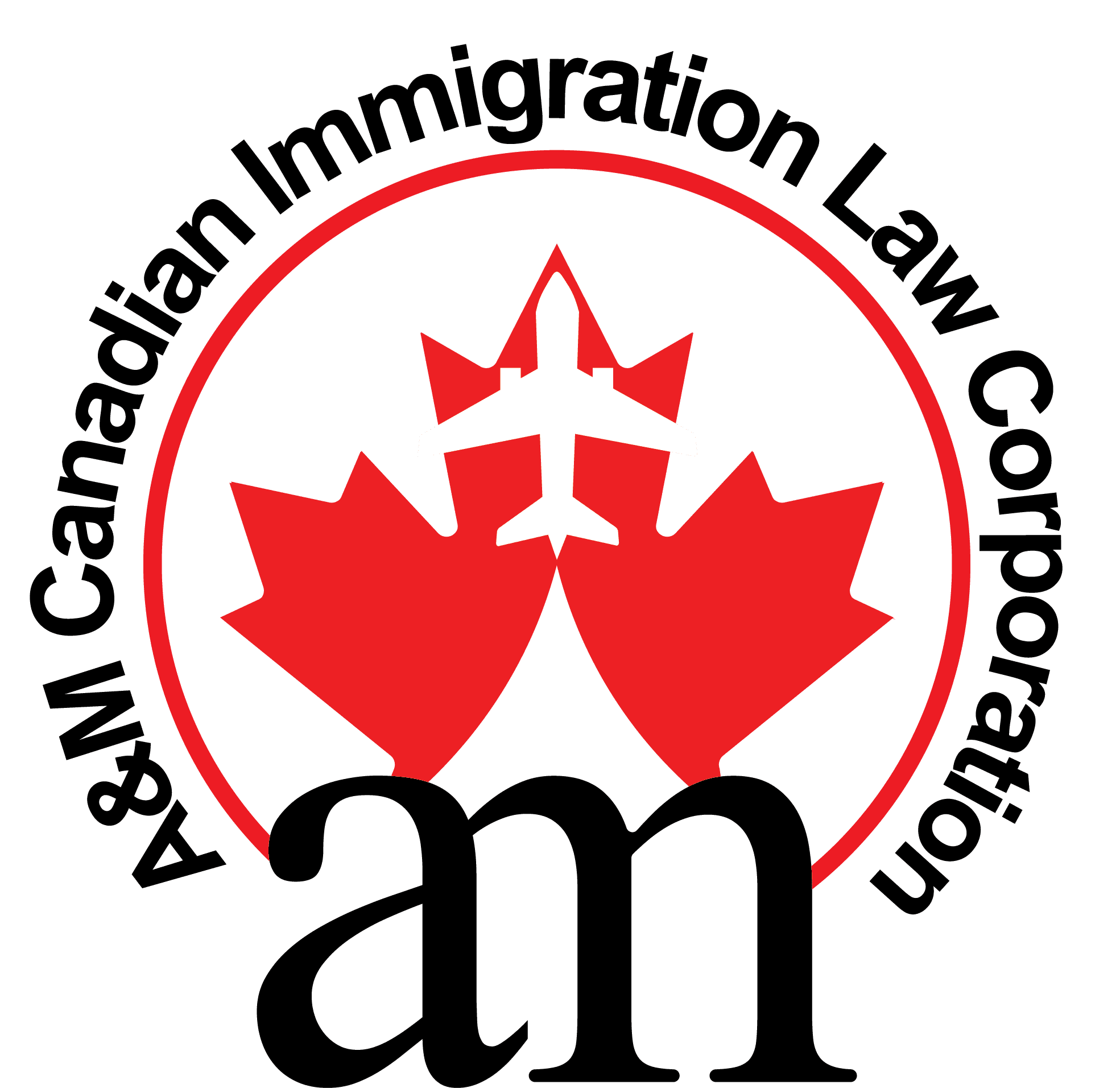Study Permits in Canada
A&M Canadian Immigration Law Corporation
Study Permits in Canada
Canada is one of the world’s
most popular destinations for international students, offering high-quality
education, cultural diversity, and pathways to work and immigration. However,
to study in Canada for more than six months, most foreign nationals must obtain
a study permit.
This article explains what a
study permit is, who needs one, the eligibility requirements, how to apply, and
what rights and obligations come with it. We’ll also touch on legal principles
that guide how officers must decide applications, and what options exist if
your permit is refused.
What is a Study Permit?
A study permit is not
a visa but an official document issued by Immigration, Refugees and Citizenship
Canada (IRCC) that authorizes a foreign national to study at a Designated
Learning Institution (DLI) in Canada.
Key points:
- Most students also need a Temporary Resident
Visa (TRV) or Electronic Travel Authorization (eTA) to enter
Canada, issued along with the permit.
- The permit specifies conditions such as school,
program, work eligibility, and duration of stay.
- It must generally be obtained before arriving
in Canada, although limited in-Canada applications are possible (e.g.,
for minors, exchange students, or status changes).
Eligibility for a Study
Permit
To qualify, applicants must
show they:
- Have a letter of acceptance from a Canadian DLI.
- Can prove financial sufficiency, covering:
- Tuition fees,
- Living expenses for themselves and accompanying
family, and
- Return transportation costs.
(As of January 2024, IRCC increased the cost-of-living requirement to CAD 20,635 per year for a single applicant outside Quebec.) - Are law-abiding and admissible to Canada (medical, security, and criminal
checks apply).
- Intend to leave Canada at the end of their authorized stay.
- Meet program-specific or provincial requirements, if applicable.
Application Process
- Gather Documents
- Letter of acceptance (LOA) from a DLI.
- Proof of funds (bank statements, GIC,
scholarships, or sponsor support).
- Identity documents (passport, photos).
- Supporting documents (SOP, family ties,
property ownership, prior academic transcripts).
- Submit Online Application
- Applications are filed through the IRCC portal,
with biometrics and fees.
- Biometrics & Medical Exam
- Required for many applicants. A medical exam is
mandatory for studies in health fields or for stays longer than 6 months
in designated countries.
- Wait for Processing
- Processing times vary by country and season.
Delays may occur due to background checks.
- Receive Decision
- If approved, the study permit is issued upon
arrival in Canada. If refused, the letter explains reasons (e.g.,
insufficient funds, weak home-country ties, or doubts about study
intent).
Rights and Conditions of
Study Permit Holders
- Study: Only at the school/program specified on the permit.
- Work: Many students can work:
- On-campus: Limited hours, no separate work permit.
- Off-campus: Up to 20 hours per week during academic sessions, full-time
during scheduled breaks.
(A temporary public policy allows some students to work more than 20 hours until April 30, 2024.) - Co-op/Internships: Requires a separate co-op work permit if work
is an essential part of the program.
- Maintain status: Must remain enrolled and actively pursue
studies.
What if My Study Permit
is Refused?
Options include:
- Reapplying: Address the refusal grounds (e.g., provide stronger financial
proof, better explanation of study plans).
- Requesting reconsideration: Rare, but possible if there’s a clear officer
error.
- Judicial review: Ask the Federal Court to review the refusal for
fairness or reasonableness.
Frequently Asked Questions
Not if your course/program is six months or less — in that case, you can study without one.
Yes. Spouses may qualify for an open work permit (SOWP), and children can apply for study permits to attend school in Canada.
Yes, but you must update IRCC through your online account.
No. Dual intent is recognized by law. As long as your immediate purpose is temporary (studies), future immigration plans are not a refusal ground.
Students generally must
remain full-time, except in their final semester when part-time study may be
allowed.
The Canadian study permit is
the gateway to world-class education, work opportunities, and future
immigration pathways. Success depends on a strong, well-documented application
that demonstrates financial stability, academic purpose, and genuine temporary
intent.
Applicants should also
understand their rights and obligations once in Canada. And if a refusal
occurs, legal remedies — including reapplication or judicial review — are
available to ensure fairness.
For many, the study permit
is not just a temporary document but the first step in building a future in
Canada.






